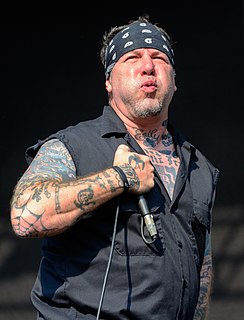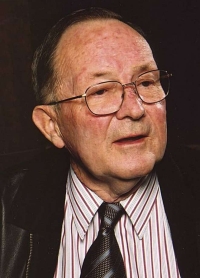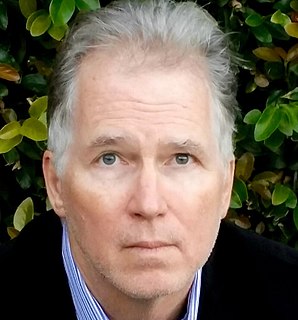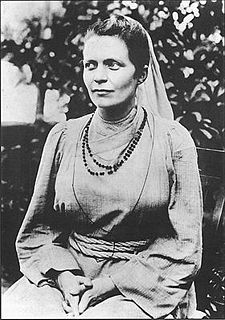A Quote by David Liss
Wright and Cowen, who have separately written important scholarly works on the financial history of the early republic, here repackage their research for readers of popular history, and do so impressively.
Related Quotes
History teaches us that the capacity of things to get worse is limitless. Roman history suggests that the short, happy life of the American republic may be coming to its end... the US will probably maintain a facade of constitutional government and drift along until financial bankruptcy overtakes it.
My book, Oral History: Understanding Qualitative Research is about how researchers use this method and how to write up their oral history projects so that audiences can read them. It's important that researchers have many different tools available to study people's lives and the cultures we live in. I think oral history is a most needed and uniquely important strategy.
History is not truth versus falsehoods, but a mixture of both, a mélange of tendencies, reactions, dreams, errors, and power plays. What's important is what we make of it; its moral use. By writing history, we can widen readers' thinking and deepen their sympathies in every direction. Perhaps history should show us not how to control the world, but how to enlarge, deepen, and discipline ourselves.
If you look across a host of measures at adoption studies, fraternal v. identical twin studies, twins-raised-apart studies, the history of early childhood intervention research, naturally-occurring experiments, differences between societies, changes over history, and so forth, you tend to come up with nature and nurture as being about equally important: maybe fifty-fifty. The glass is roughly half-full and half-empty.
I was born in England and went to school there. That's when I discovered my undying passion for history - not just for the Middle Ages, but all periods of history. My favorites are medieval, Elizabethan, and Georgian; however, I've written stories set in periods as early as ancient Rome, right up to the Victorian era.
We must create a history of India in living terms. Up to the present that history, as written by the English, practically begins with Warren Hastings, and crams in certain unavoidable preliminaries, which cover a few thousands of years...The history of India has yet to be written for the first time. It has to be humanized, emotionalized, made the trumpet-voice and evangel of the race that inhabit India.






































